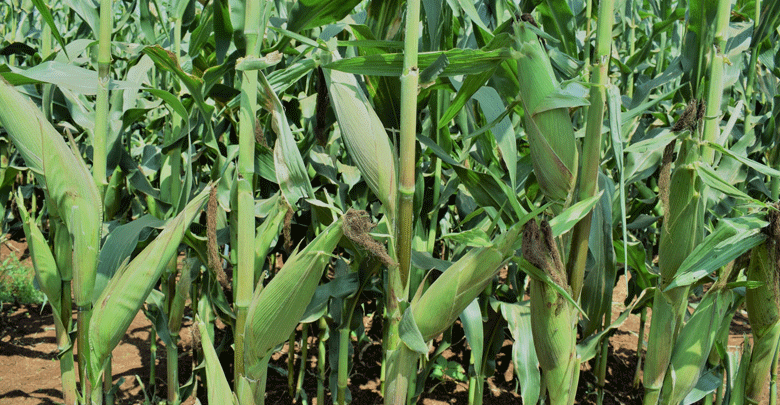Address skewed importation of food

Kenyan farmers continue to suffer as food imports flood the market. This not only hurts the economy but also consumers.
For a country that considers agriculture its mainstay, an increasing food import bill, which just hit a record high in the six months to June, should be a wake-up call, and a stark reminder that the house must be called to order.
Going by the current trend, the future looks bleak. For example, food inflation for July stood at 8.8 per cent, the highest since May 2020.
This, as Kenyans gobbled up imported foodstuff valued at Sh103.34 billion in the first half of the year, compared to Sh96.41 billion spent in the first half of 2017, when ironically drought had ravaged crop production.
Kenyans should worry because the cost of products such as maize, wheat and rice should never concern this country decades after independence.
But more importantly, that we continue importing maize from neighbouring Uganda and Tanzania should be enough signal that something is not right.
Government data shows between January and May, Kenya imported a whooping 1.38 million bags of maize up from 495,813 bags last year.
This even as fears abound in several parts of the country that food production will be hampered because of the below-average rainfall.
The concerned ministries must wake up and smell the coffee. If action is not taken, stagnation in the agriculture sector and the value chain will continue to hurt the economy as supermarket shelves get stocked with imported foodstuff.
While the State may argue that local production cannot satisfy demand, it follows that low tax tariffs on imported commodities mean local products cannot compete favourably with foreign goods, and the general tax regime could be stifling production.
The high costs of production push farmers to sell produce at higher prices and the effect snowballs to the shelves.
Efforts by the State including attempts to sell fertilisers to farmers at subsidised rates are fine but such discounts seem not to be helping the sector and do not reflect in the consumer prices.
Such blanket subsidies should not be considered as solutions to ease the high cost of production because they have never worked for a very long time.
The government urgently needs broad-based solutions, otherwise the country will continue being a net importer of food for a long time to come, hurting the economy and Kenyans.








